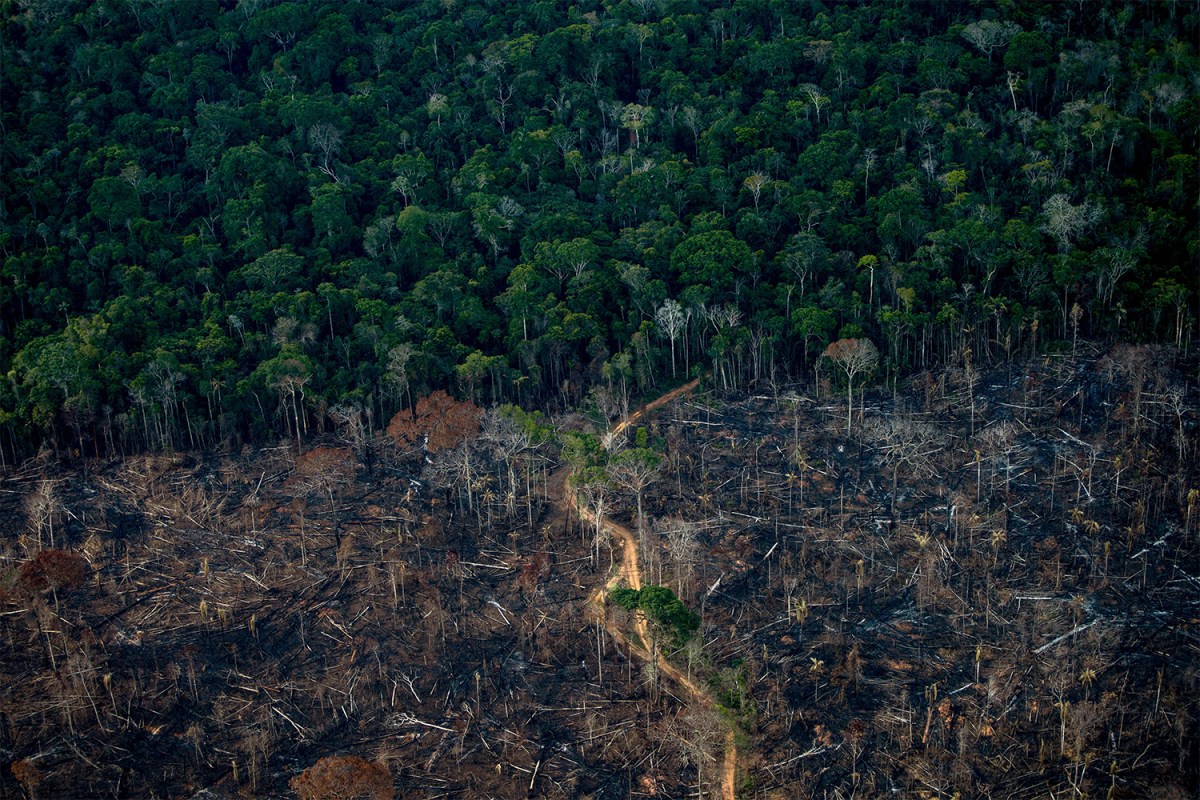In the last two decades, much of the discussion around climate change has been framed as a spectrum. That is, if we curtail greenhouse gas emissions, the future may look like X. If we don’t treat the problem seriously and keep emitting carbon, the future may look like Y. And there have always been asterisks in these predictions, with scientists noting it could be better or worse than anticipated.
This ambiguity has allowed people to adopt a wait-and-see approach, despite climate scientists sounding the alarm. A new report from the Intergovernmental Panel on Climate Change, released on Monday, removes that ambiguity.
“One of the most striking conclusions in our report is that we’re seeing adverse impacts that are much more widespread and much more negative than expected,” Camille Parmesan, an ecologist at the University of Texas, Austin, who contributed to the IPCC report, told The New York Times.
The report, titled “Climate Change 2022: Impacts, Adaptation and Vulnerability,” explains that the world is experiencing rapidly rising temperatures due to human-caused emissions, and that the current strategy of piecemeal adaptation efforts are not only insufficient, but they may even be a waste of money if sweeping climate action continues to be sidelined by governments around the world.
“If average warming passes 1.5 degrees Celsius, even humanity’s best efforts to adapt could falter, the report warns,” as noted by the Times. “The cost of defending coastal communities against rising seas could exceed what many nations can afford.”
According to the IPCC, even 1.5 degrees (2.7°F) of warming would lead to “unavoidable multiple climate hazards over the next two decades.” As it stands, we’ve already reached an average of 1.1 degrees of warming since pre-industrial levels and are on track to reach between 2-3 degrees of warming by the end of the century.
“There has been the assumption that, ‘Well, if we cannot control climate change, we’ll just let it go and adapt to it,’” Hans-Otto Pörtner, a marine biologist in Germany, told the Times. But the new report, which Pörtner helped coordinate, makes it clear that adaptation could become unfeasible. “This is certainly a very illusionary approach,” he added.
While some politicians decry what they see as exorbitant costs related to legislation that seeks to tackle climate change, the cost of not decarbonizing and adapting will be far greater. Bloomberg cites one example from Patrick Verkooijen, chief executive officer of the Netherlands-based Global Center on Adaptation, who “estimates that Sub-Saharan Africa will require agriculture and food system adaptation that costs $15 billion a year. But damage from not adapting to worsening conditions there could run more than $200 billion a year.”
“This report is a dire warning about the consequences of inaction,” said Hoesung Lee, Chair of the IPCC. “It shows that climate change is a grave and mounting threat to our wellbeing and a healthy planet. Our actions today will shape how people adapt and nature responds to increasing climate risks.”
So will our inaction.
Thanks for reading InsideHook. Sign up for our daily newsletter and be in the know.



















